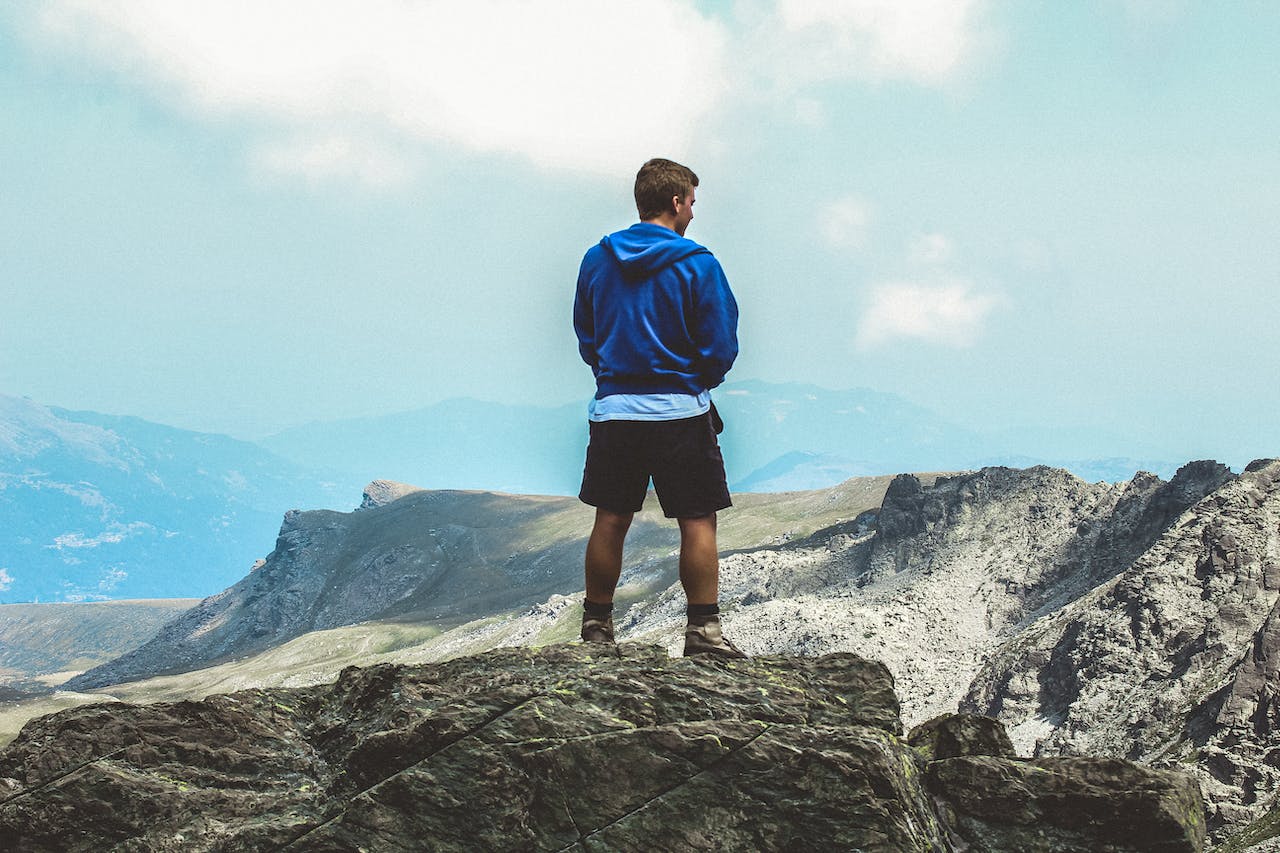6 Tips on How to Stay Energized When Traveling In The Mountains

The air pressure decreases as altitude rises in the mountains. Simply put, this means there is less oxygen in the air to go around. This drop-in atmospheric pressure has three effects on humans:
- Decreasing the amount of oxygen that can be absorbed into your lungs.
- Increasing metabolic demands, thereby accelerating exhaustion.
- Reducing tolerance for exertion - these two combine to make you more vulnerable to fatigue.
Stay energized when traveling in the mountains to make sure you can stay safe. If you become tired, dizzy, or faint, it becomes tough for your brain to do its job correctly.
Condition Your Body
If the body is not sufficiently conditioned, it will likely tire quickly when traveling in the mountains, making the journey much more complex and high-risk. Physical conditioning is the key to unlocking your true potential.
You will be able to climb longer, stronger, and faster with a greater degree of comfort on steeper or more challenging terrain because your body has been conditioned for it by staying physically active throughout training programs. Start with setting reasonable goals that can be achieved in time and work up as needed or desired by gradually increasing intensity levels over various training sessions.
Eat Right and Bring The Right Food
Many articles on Healthcanal.com have emphasized the importance of high-protein foods and complex carbohydrates. You will burn many calories every day, so bring meals high in calories, protein, fiber, carbohydrates, and electrolytes to replenish your body. Foods that provide steady energy will also make you feel full without weighing you down.
In addition, backpacking is all about saving space, so choose your food wisely. Foods that provide a lot of calories and nutrients while taking up the least amount will be best for backpacking trips. The best backpacking food has a high calorie-to-ounce ratio. The more cooked or dried foods you bring with you on these long journeys are better too.
Stay Hydrated
If your body becomes dehydrated, it can negatively affect your physical and mental performance levels, potentially increasing the likelihood of injury. Water keeps fluid within the layers that separate them and suppress digestive function, leading to stomach problems. Dehydration also has a pronounced effect on one's mood. For example, it induces hunger sensations when not needed, which worsens the problem of inadequate energy intake.
It can be a challenge to stay hydrated in high-altitude environments because you sweat more. When we sweat, we lose not only our body's water content but also electrolytes and minerals. Thus, it would be best if you drank as much as your body requires.
Pack Lightly
Traveling in the mountains requires a lot of exertion, and if you carry a heavy pack, it will make the experience even more strenuous. You want to travel as light as possible so that you can expend your full energy trying to scale a mountain instead of lugging a heavy load up at the same time.
The bottom line is that you don't want to be lugging a heavy load when things get tough. You never know when you might have to cross rivers, carry your stuff over steep boulders, do long climbs, or go upslope in deep snow. Lighter loads are not only easier on your body but will put less strain on the joints and make it much easier to climb over obstacles.
Supplements and Medications
Considering the vast difference in elevation during mountain ranges, particular care should be given to energy compounds. Consequently, it is recommended that you give some thought to Vitamin C, N Acetyl L-Carnitine and D-Ribose. Those can help boost energy and clear mental fog very well.
For medications, you can bring Acetazolamide (Diamox Sequels). It can be used to prevent altitude-related illnesses. Acetazolamide is a medication that helps your body get rid of bicarbonate, which stimulates breathing. It increases oxygen intake and reduces carbon dioxide buildup in the airways.
Wear the Right Gear and Clothing
With the change in altitude, it's essential to pack gear that can handle all types of weather. The air is thinner at high altitudes, and this leads to rapid changes in temperature. Thus, packing layers can be a good idea. You can easily add or remove clothing depending on the weather condition.
Conclusion
In conclusion, it is essential to be aware of the dangers of traveling in the mountains. If you are going on a hike or even just driving through these areas, take precautions and know what might happen if something does go wrong. You should also stay hydrated and eat enough food (preferably healthy) while hiking and wear appropriate clothing for the weather conditions.




